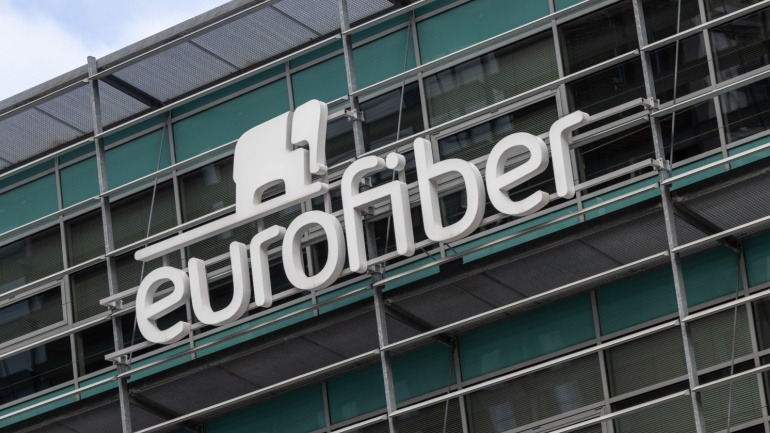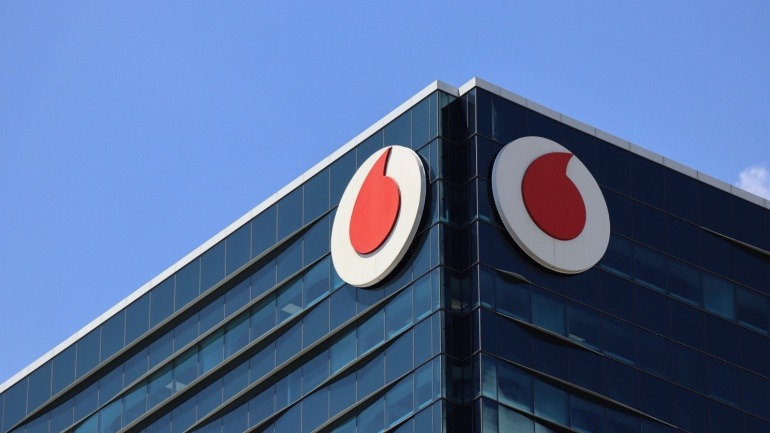DirecTV, a leading satellite TV operator, plans to merge with EchoStar‘s Dish DBS satellite video distribution subsidiary. The deal will see DirecTV paying just $1 while assuming a large portion of Dish DBS’s debt. This strategic move aims to reduce Echostar’s debt load and sharpen its focus on wireless and satellite connectivity.
EchoStar will retain its wireless assets, including significant spectrum holdings, and its satellite assets. It intends to concentrate on its terrestrial cellular Open RAN network and non-terrestrial direct-to-device solutions. Hamid Akhavan, president and CEO of EchoStar, emphasized that the agreement benefits all stakeholders. “With an improved financial profile, we will be better positioned to enhance and deploy our nationwide 5G Open RAN wireless network,” he said.
The combined EchoStar faced financial challenges, with debts looming and declining revenues. CFO Paul Orban noted in August that EchoStar lacked the cash flow to cover its fourth-quarter operations and the $2 billion notes due in November. This merger should alleviate some financial strains.
In the first phase, private equity firm TPG will acquire AT&T’s majority stake in DirecTV. TPG will then provide EchoStar with $2.5 billion in financing to address the imminent debt. EchoStar plans to exchange debt due in 2025 and 2026 for debt maturing in 2030, and raise $5.1 billion in capital from shareholders. Once the transactions are complete, EchoStar aims to reduce its total consolidated debt by about $11.7 billion.
This isn’t the first attempt to merge DirecTV and Dish. A proposed merger in 2002 was blocked by federal regulators. However, the landscape has changed significantly with the rise of streaming services and broadband expansion, leading to subscriber losses in satellite TV. Craig Moffett of MoffettNathanson told The New York Times that government approval is more likely now, given the weakened state of the satellite TV market. “At the end of the day, you’re better off with one than none,” Moffett said.
However, there are concerns over the merger’s impact on workers. Communications Workers of America President Claude Cummings Jr. called Dish “one of the most anti-union employers in the entire telecommunications industry.” CWA will closely evaluate how the merger affects workers at DirecTV and collaborate with management to ensure strong union representation.
The merger aims to create a financially stronger entity capable of competing in a rapidly evolving market. By focusing on debt reduction and strategic investments, EchoStar hopes to advance its technological capabilities and product offerings, providing greater choices for U.S. wireless consumers.







